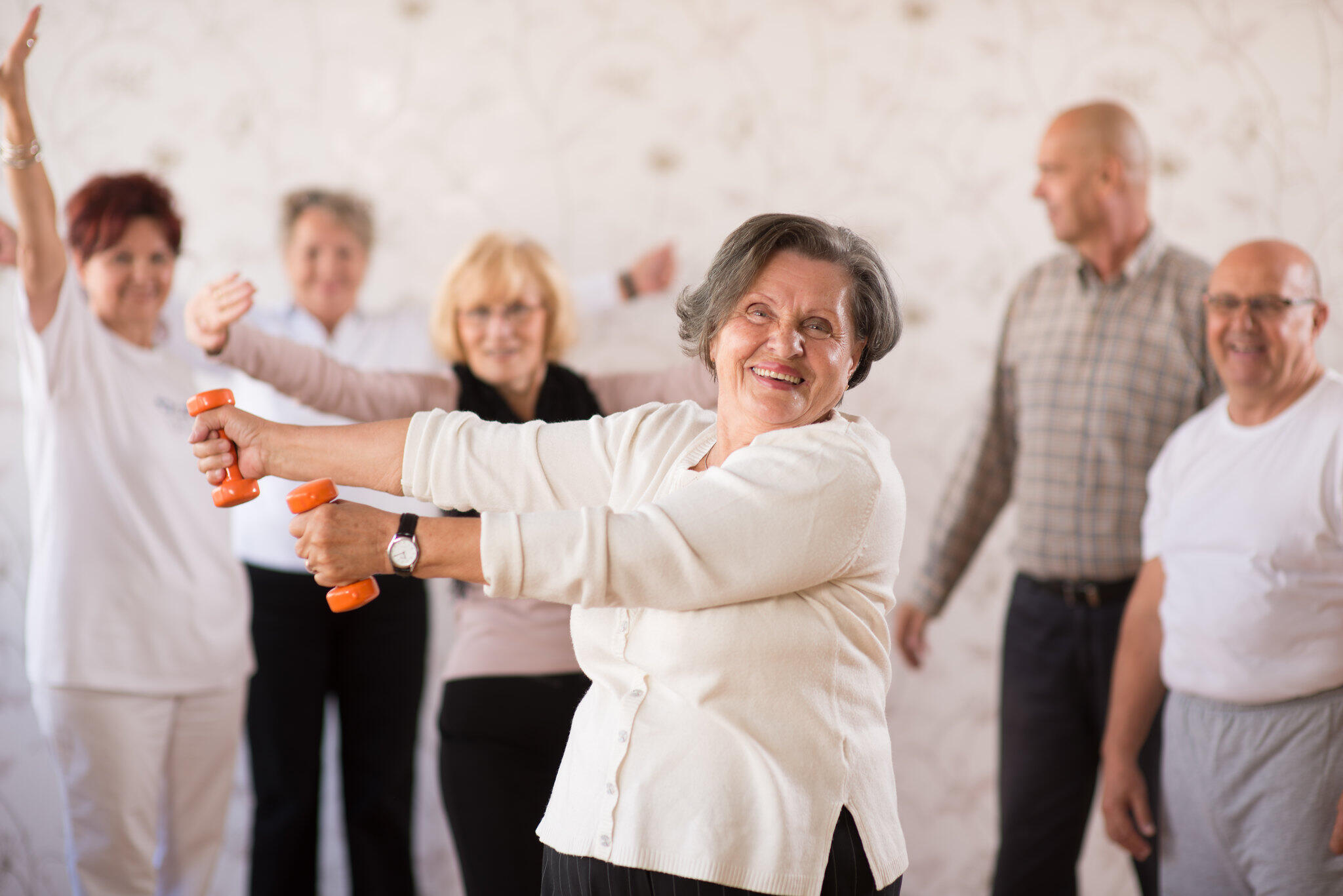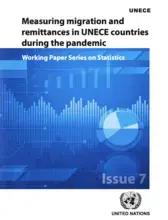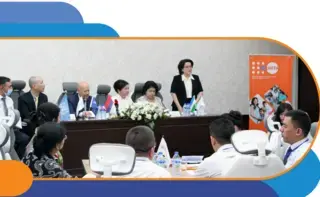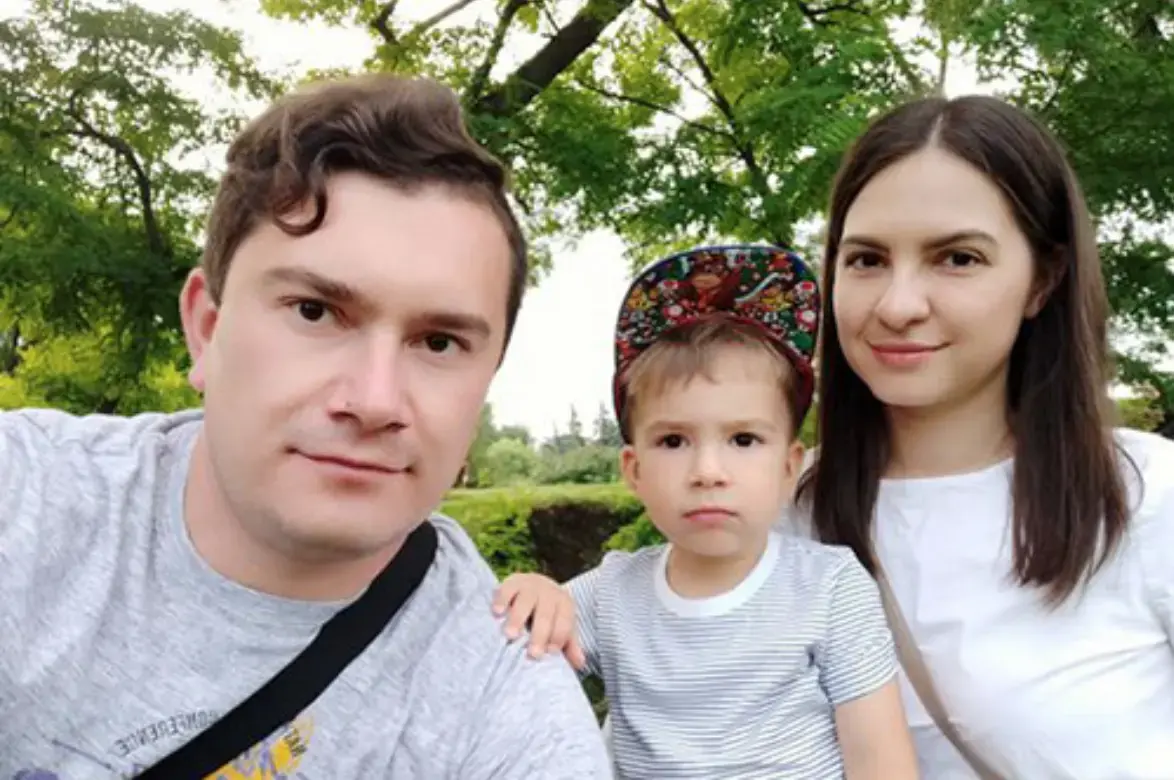The COVID-19 pandemic has put a spotlight on the rights and health of older persons, who made up 88 per cent of COVID-19 related deaths in Europe as of August 2020.
Through its broader impacts, the pandemic has also shown how vulnerable many persons age 65+ are to other situations that can take a dramatic toll on their physical well-being and mental health: a lack of access to health care; neglect and abuse in institutions and care facilities; poverty and unemployment; and social isolation and exclusion, stigma and discrimination.
“The pandemic and the devastating effects it has had on older people are a wake-up call,” said Alanna Armitage, Director of UNFPA’s Regional Office for Eastern Europe and Central Asia. “As the world gears up to ‘build back better,’ we must use this crisis as an opportunity to fundamentally rethink how we see and treat older people in society.”
On 1 October, the International Day of Older Persons, UNFPA together with the World Health Organization (WHO), the United Nations Economic Commission for Europe (UNECE), the Office of the United Nations High Commissioner for Human Rights (OHCHR) and HelpAge International launched a new Joint Programme on Ageing with that goal at its heart: “Building forward better in light of COVID-19: Upholding the rights and dignity of older persons through health, social care and enabling environments in Europe and Central Asia.”
The Programme will support countries in strengthening the rights and dignity of older men and women through improving health and social care provision and enabling environments across the region.
This work is more pressing than ever as the world’s population is ageing rapidly; by 2050, 1 in 6 people globally will be over the age of 65, up from 1 in 11 in 2019. And it is especially important in Europe, the region with the world’s largest proportion of older people. Though some populations in the Eastern Europe and Central Asia region still have a younger average age, in several countries 1 in 6 people is 65 years or older.
UNFPA’s Regional Office for Eastern Europe and Central Asia has been working to promote the rights, protection and health of older persons for decades, and it has played a leading role in advocating for the rights and health of older persons within the UN COVID-19 Response. The new Joint Programme builds on UNFPA’s existing work both regionally – including projects to help relieve the isolation of older people amid COVID-19 in Moldova and Serbia – and globally.
One of the first activities to be carried out under the auspices of the new Joint Programme will be an assessment of the impact of COVID-19 on long-term care for older persons in Kazakhstan. Planned to be conducted in October–December 2020, the assessment is seen as a potential model for other countries in the region to follow.
The Joint Programme on Ageing envisages collaborative action over the next three years (2020–2023) among agencies of the UN system and civil society stakeholders at regional and national levels, working closely with governments across Eastern Europe and Central Asia, in the following three principle areas:
Enhancing preparedness and emergency response to mitigate the risks for older persons during the ongoing COVID-19 pandemic;
Supporting the delivery of person-centred integrated health and social care for older people beyond the COVID-19 pandemic in the context of demographic and epidemiologic change in Europe and Central Asia to ensure ageing with dignity; and
Changing the narrative, promoting the human rights of older persons and creating participatory and enabling environments.
The programme will include activities at national and regional level and will support UN Country Teams’ active role in engaging national governments, civil society actors and older persons in using the momentum of these processes to increase visibility of older persons in society; encourage a societal participatory review and appraisal of the situation of older persons, gender and intergenerational relations; and to identify policy priorities.
“Beyond the immediate crisis response to COVID-19, we must accelerate efforts to build societies that protect and ensure the health, inclusion and dignity of people of all ages,” said Armitage. “Only by carrying out a fundamental shift away from seeing older people primarily as a burden and towards acknowledging and nurturing the important role they play in society can we achieve the Sustainable Development Goals and ensure that all countries and people can thrive in a world of rapid demographic change.”





